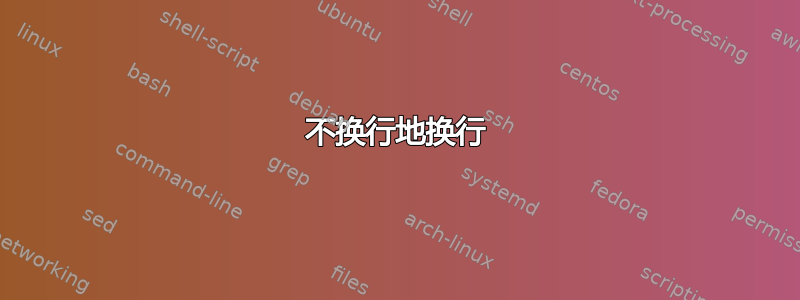
答案1
使用普通的 TeX 宏包 很容易insbox。但是,它不接受浮点数,因此您必须将图形放在\parbox相应宽度的 中,然后使用\captionof{figure}{...}。
右侧插入的语法如下\InsertBoxR{no of unshortened lines}{object to be inserted}[optional integer]。可选参数是补充短行的数量,以防 TeX 没有计算出准确的短行数量。
\documentclass[12pt, latin]{article}
\usepackage{babel}
\usepackage{graphicx}
\usepackage{caption}
\input{insbox.tex}
\usepackage{lipsum}
\begin{document}
\InsertBoxR{3}{\parbox{0.35\linewidth}{\includegraphics[width=\linewidth]{traccia-table}%
\captionof{figure}{Traccia table}}}[6]
\lipsum[8-9]
\end{document}
答案2
这看起来确实不错。我输入了文本并寻找自然的换行符。我把wrapfigure环境放在那里。我承认这是一个糟糕的解决方案,但它有效。这也是软件包文档中提到的解决方案(第 2 页——作为该页第一个项目符号列表中的最后一个项目符号):
在段落之间开始环境很方便,但如果要放置在段落中间,则必须将环境放在两个单词之间有自然换行符的地方。
\documentclass[]{article}
\usepackage{wrapfig,blindtext}
\begin{document}
This is my awesome paragraph with a \texttt{wrapfigure} environment. Let's see
how we can do this real quick. I'm adding some more manual text just to fill
some lines and then let the \texttt{wrapfigure} environment start. This way it
gets% a line break did occur here
\begin{wrapfigure}{r}{0pt}
\rule{2cm}{2cm}
\caption{figure}
\end{wrapfigure}
closer to what you want. And here goes some more \blindtext.
\end{document}






